Who has power in Africa’s local spaces – especially in big cities at the grassroots – will likely shape national politics well into the future. These four examples of local politics can tell us a lot about national politics in South Africa, Ghana, Senegal, and Nigeria, respectively.
The ANC disillusions – and pays for it
It’s no secret that the ANC has disillusioned and dismayed voters for decades as they’ve governed the country after Apartheid. Some go so far as to say they’ve betrayed. The government’s failure has at least exposed what Nicholas Rush Smith smartly calls the contradictions of democracy.
New evidence using the Marikana Massacre as a case study demonstrates how state violence has decreased support of incumbents through the formation of new local, opposition parties. Still, the ANC has seen little serious challenge to their rule of the Presidency.

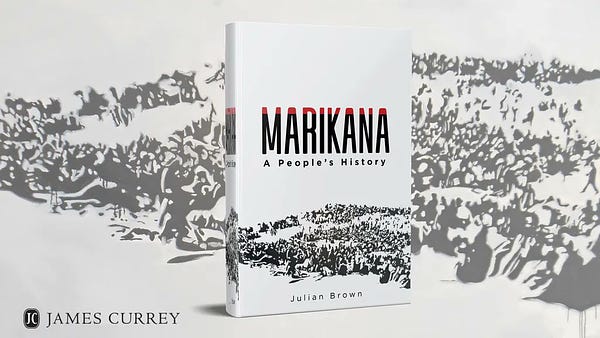
But it is a different story in provincial government. In 2021 local elections, the ANC dropped below 50 percent of the vote for the first time in the multi-party era. The Democratic Alliance regained Cape Town, and leads coalitions in Tshwane, Johannesburg, and Ekurhuleni. The ANC gained outright control of only two of eight municipalities. Some analysts suggest that this could be a watershed moment for South African politics by reconfiguring coalitions and dampening the ANC’s support. Urban middle-class voters chose different parties, and local interest parties splintered off from more established ones.
But this does not mean that there is a unified opposition to the ANC. Many South Africans simply did not vote. Others have reoriented their political actions to the street where they engage in service delivery protests, strikes, and other forms of collective action. The DA lost vote share, and the EFF is not making as big an impact as some expected.
The jury is still out on whether these parties can coalesce into a vibrant national-level opposition, something that has doomed South African politics since 1994. We will learn more in the next few years before 2024 parliamentary elections – on the streets of South Africa’s largest cities.
For more on South African politics, listen to these two great Africa Is A Country podcasts:
Who is cleaning up Accra?
Ghana’s former president Jerry John Rawlings was known to clean sewers with residents as a way to instill national pride – and mobilize the masses. Nana Akufo-Addo tasked current Regional Minister Henry Quartey with uniting “the party at the grassroots,” and he has launched the “Let’s Make Accra Work” campaign to do so – and to clean up the city.
Quartey’s work is notable for the NPP, a party which is often viewed as aloof, elite, and out of touch with common people. It also signals his rising status in the party, as well as the increasingly important role of the ministry – backed by the President – in urban affairs. Notice: He’s the regional minister, not the mayor. His success as Regional Minister in Ghana’s increasingly most important swing region could set him up as a presidential candidate in the future.

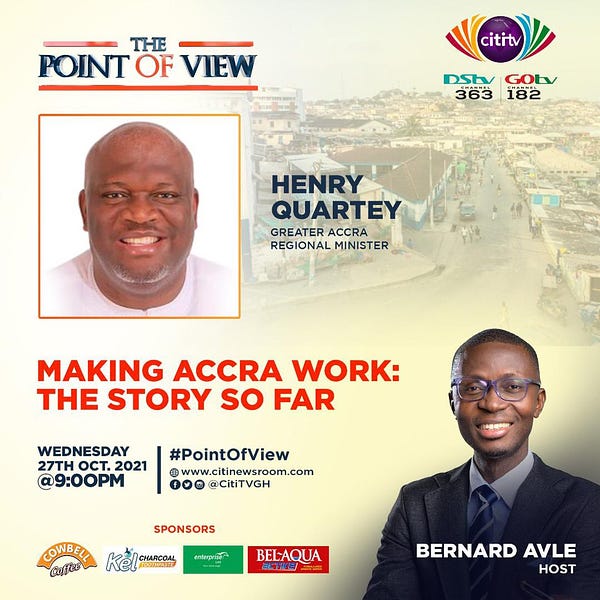
Kathleen Klaus and I studied Henry Quartey’s campaign when he was running for MP of Ayawaso Central Constituency in 2012. His campaign was notable for its use of inclusionary strategies of mobilization, promoting images of cosmopolitanism and unity to incorporate a broad grassroots coalition. The narrative at the grassroots was that the party was open to everyone, and leadership was not restricted to members of a particular ethnic group. This is not how many Ghanaians across the country view the NPP, which is as an Akan-party out of reach of ordinary folk.
Known as the gentle giant by supporters, Quartey organized the marketplace, used the local mosque as a spiritual center, and incorporated chiefs and religious leaders into the party organization. While he has shifted to heavier-handed tactics – like relocating the onion market, demolishing structures, and decongesting the roads – he uses his connections with the National Imam and other respected figures to build a broad base of support. Could he turn this local success into presidential power?
Take a look at my article with Kathleen Klaus that documents how politicians mobilize supporters at the grassroots in urban Ghana, featuring Quartey’s 2012 parliamentary campaign.
Paving the way for the Senegalese presidency
In 2021, Macky Sall’s chief of staff Mahmoud Saleh said that local elections would be “local in name only.” This summer’s parliamentary results, he said, would “decide the debate” on Sall’s presidential prospects for 2024. In a huge blow to the President, Sall’s ruling coalition lost big at regional and municipal polls last week, including in the major cities of Dakar and Ziguinchor.
Opposition leader Ousmane Sonko, a leading candidate to unseat Sall in 2024, won the mayorship of Ziguinchor. His arrest last year on rape charges set off protests across the country, leading to several deaths and allegations against the president of political interference. Barthelemy Dias, an ally of former mayor Khalifa Sall and now Sonko ally, is poised to be the next leader of Dakar.

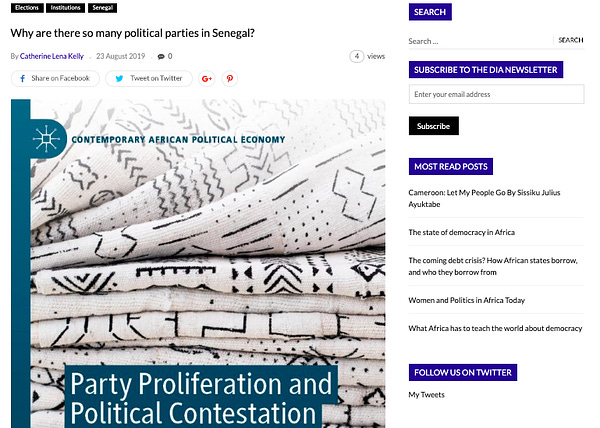
Opposition politics in Senegal is complicated, as Catherine Lena Kelly documents in her book Party Proliferation and Political Contestation in Africa Senegal in Comparative Perspective. Importantly, she argues that the proliferation of opposition parties serves non-electoral ends – especially patronage distribution – but can be used as a tool for rulers to stay in power within a competitive authoritarian framework.
The next few years will be fascinating to see how politicians join networks, build coalitions, and mobilize support in the lead up to the 2024 election. Senegalese are also wondering whether Sall will continue his authoritarian tactics and attempt to run for a third term, or hand over the reins of government to a new leader.
Check out Dave Glovsky’s informative piece on the rise of Ousmane Sonko and the future of Senegalese politics.

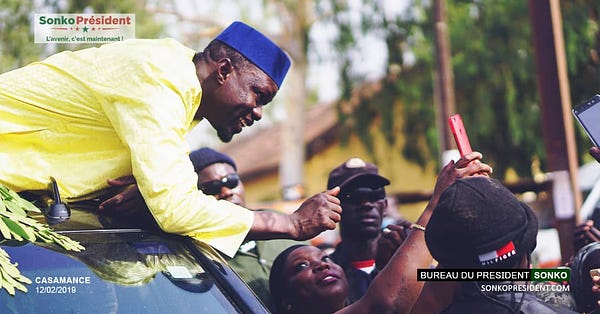
Personal politics in Nigeria
The Kingmaker of Lagos wants to be President of Nigeria. The country holds elections in February 2023. As governor of Lagos State from 1999-2007, Bola Ahmed Tinubu transformed Lagos into a modern force, bringing in rapid transit, civil service reforms, and successful tax collection. He now claims he can similarly transform the country as a whole.


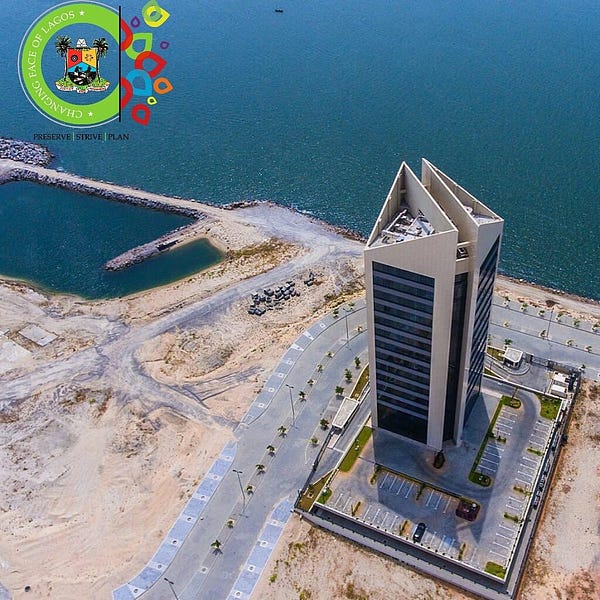
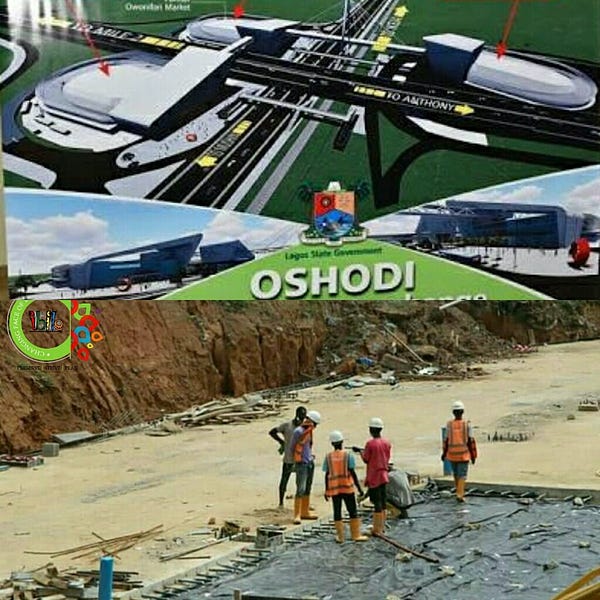
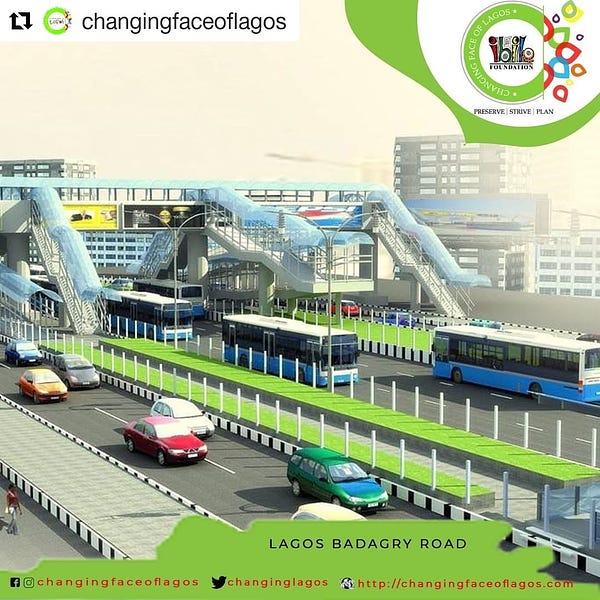
But his rise to power also underlies the ambiguity of Nigerian politicians: uncertainty over how he accumulated his wealth; questions over his age and whether he has what it takes to govern, and; doubt over whether he has the support of other groups throughout the country and can balance a precarious political settlement.
Personal politics are an enduring feature of Nigerian politics. But reducing this to mere corruption, poor governance, and neopatrimonialism misses an important fact about how ordinary Nigerians understand good leaders: as parents of a large and multidimensional family and custodians of the nation’s vast wealth. These are informally-institutionalized features of political life, as I have written about in Ghana. Simply, he is the “Godfather of Lagos.” Whether these personal characteristics – his vast wealth, age, alliances – can extend beyond Lagos to include a broader Nigerian family will shape the contours of the 2022 election, and beyond.
Read Neil Munshi’s enlightening piece that profiles Tinubu and how his past in Lagos shapes Nigeria’s future.

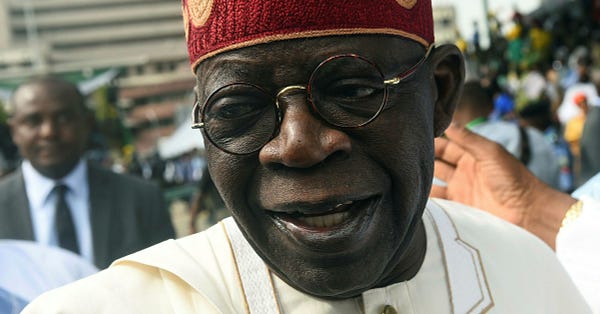
Local power, national politics across the globe
Of course, local power dynamics shapes national politics across the world. One of my favorite books is Katherine Cramer’s The Politics of Resentment: Rural Consciousness in Wisconsin and the Rise of Scott Walker. Cramer joined coffee and chit-chat sessions across Wisconsin to examine how everyday folk understand politics, finding that an anti-elite and anti-urban sentiment based on grievances and resentment was taking hold. While she did not predict the rise of Trump, her close attention to local spaces and their understandings of power provide a clear explanation for why Trump was so appealing across America – something most scholars and analysts overlooked.

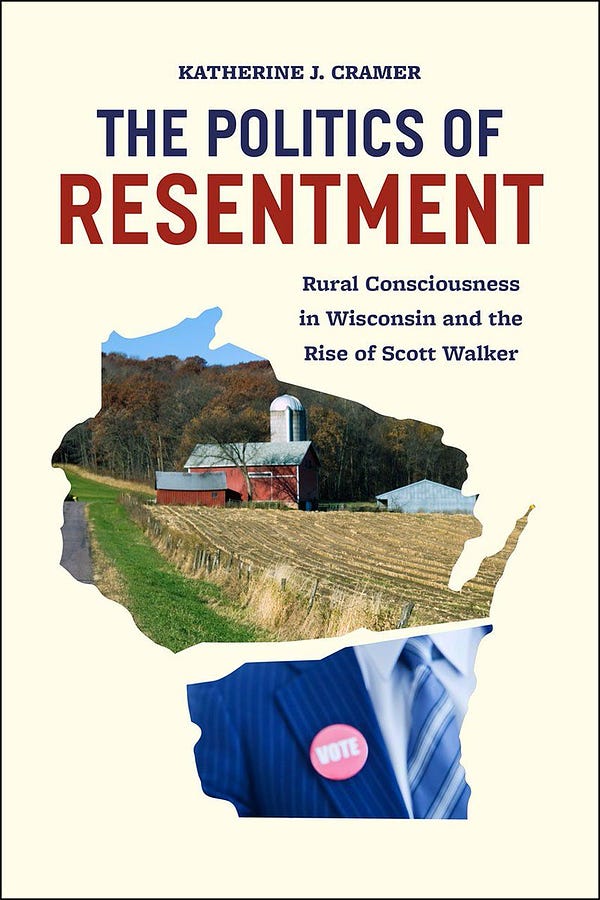
Examples of the different ways that local power shapes national political prospects are everywhere. If you are working on or simply want to share examples from Africa, or have any related articles that deal with similar topics on the continent, please send them my way.


